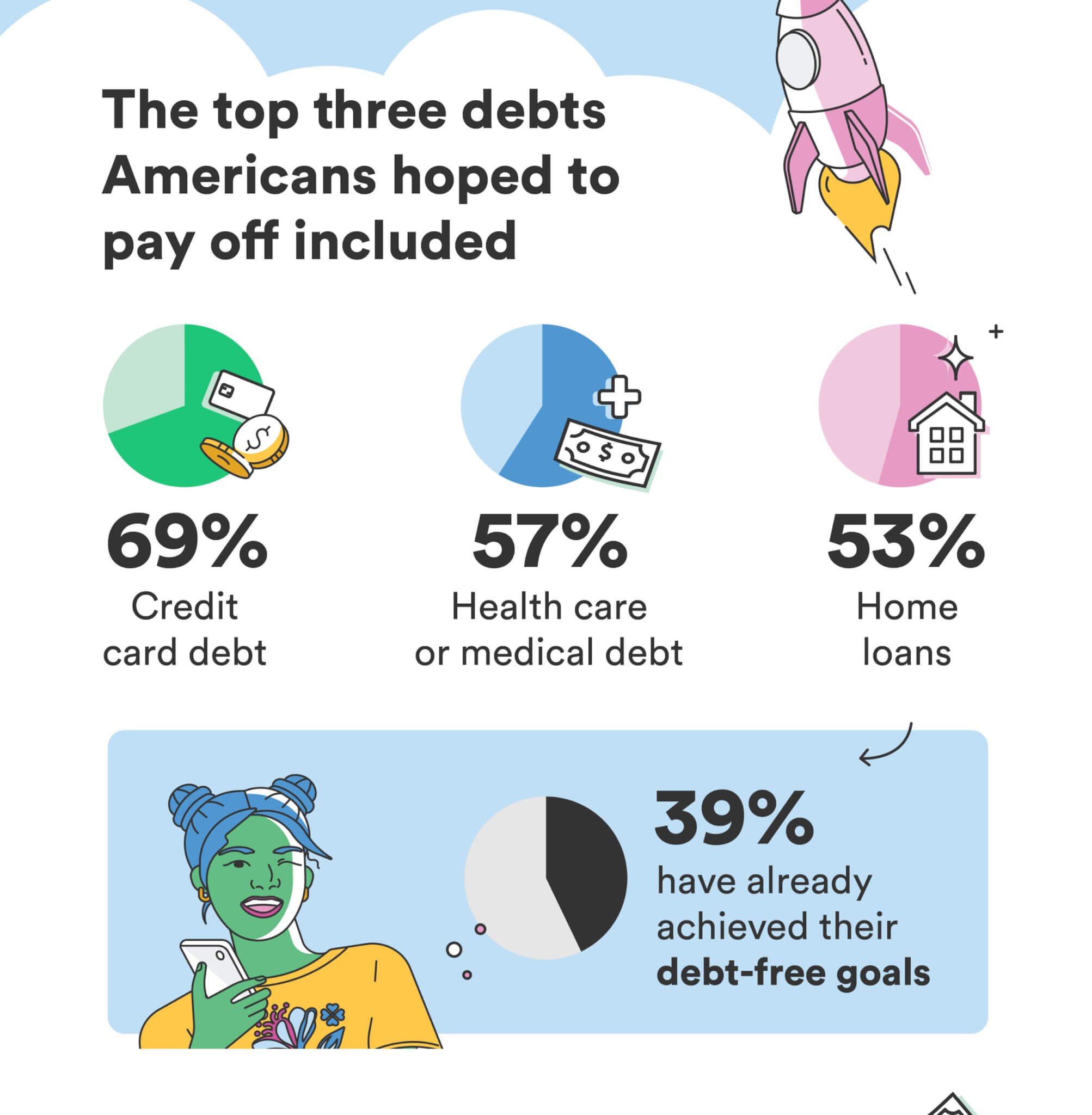NEW YORK — Americans saved nearly $2,000, paid off three debts, and spent the most money while shopping online in 2023, according to a new survey.
The poll of 2,000 adults reveals that going into 2023, 93 percent had financial goals, and many people met them. Those goals included paying off their debts (67%), having a certain amount of money in their savings (62%), spending less on non-necessities (62%), and sticking to a budget each month (50%).
When taking a deep dive into the ways Americans spent their money in 2023, it’s clear that food and fun go hand in hand, as Americans spent an average of $1,791 on dining out, fast food, and food delivery.
Similarly, Americans spent about $744 shopping online and spent another $702 at in-person retailers like big box stores, boutiques, or malls.
Health and wellness continue to be a priority, with Americans estimating they spent upwards of almost $1,300 on health items such as vitamins and gym memberships ($649) and self-care such as nail salons and massages ($648).
Conducted by OnePoll on behalf of Chime, the “Spending Wrapped” survey looks at all the ways Americans managed their finances in 2023.

The top three debts Americans hoped to pay off included credit card debt (69%), health care or medical debt (57%), and home loans (53%). Others planned to chip away at commercial debts (51%) and student loans (44%).
According to the survey, the average American successfully paid off three different debts this year. Almost two in five (39%) have already achieved their debt-free goals, and another 50 percent are working hard through the rest of the year to do so. Respondents spent an average of four days each month feeling stressed about paying bills and other necessities.
When it comes to savings, Americans set out to save an average of $2,132 in 2023 and impressively came within $200 dollars ($1,982) this year. More than two in five (43%) also say this goal is “in progress,” spending the remainder of the year stashing away their cash.
“It’s encouraging to see that Americans are not only setting financial goals but also reaching them,” says spokesperson Chime’s Chief Experience Officer Janelle Sallenave, in a statement. “Financial progress is a marathon, not a sprint and taking advantage of the financial technology that works best for you can be helpful on your journey.”
Nearly six in 10 Americans (59%) prefer to manage their bank account digitally, rather than in-person (28%). Respondents who bank digitally check their accounts an average of four times per week, though 12 percent say they check their balances at least once a day. Almost three-quarters (74%) believe that digital banking helped them achieve their financial goals for 2023.
Looking ahead to 2024, Americans already have their eyes on the prize. The two most popular goals are reaching new milestones in their 2023 goals (54%) and working towards achieving overall financial wellness (52%). At the end of the day, 76 percent feel more confident that they’ll be able to achieve their goals in 2024, compared to 2023.
“With a new year comes new goals. Results showed that 44% of respondents are hoping to take another crack at this year’s goals and 47% are hoping to improve their financial planning,” says Sallenave. “We are seeing the ways that digital banking can help people manage their day-to-day finances and position you for even more success in your financial future.”
Survey methodology:
This random double-opt-in survey of 2,000 general population Americans was commissioned by Chime between October 18 and October 20, 2023. It was conducted by market research company OnePoll, whose team members are members of the Market Research Society and have corporate membership to the American Association for Public Opinion Research (AAPOR) and the European Society for Opinion and Marketing Research (ESOMAR).

